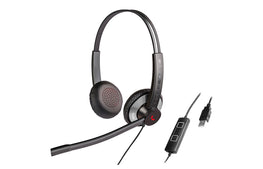
Number of dementia sufferers rising worldwide
The recent release of the World Alzheimer Report 2015 has revealed that there will be 9.9 million new cases of dementia in 2015 – approximately one person diagnosed every three seconds.
More than 46 million individuals live with this disease worldwide and the number of cases is expected to rise to around 74 million by 2030, and 131 million through to 2050.
Most of these cases (53 per cent) occur in low- to middle-income countries, although rates among the G20 are still a cause for concern. In Australasia, 6.7 per cent of all adults over 60 suffer from dementia and the rate of diagnosis is expected to increase by 59 per cent by 2030.
There is still no known cure for the disease, however Glenn Rees, chairman of Alzheimer's Disease International and Stuart Fletcher, CEO of Bupa believe that positive steps can still be taken.
"Providing a better quality of life for people with dementia can be a reality, but only if governments and societies make it an urgent priority," the pair said in a joint statement.
The report provided recommendations to improve the public system for better care to dementia patients. One of the key areas to address was access to services, which is relevant across all income brackets. The concept of a 'task-sharing' approach was highlighted as a measure that will see patients get the help they need.
In this model, the duty of care falls on general practitioners rather than specialists, though the latter party will still play a major role in assisting and training this group.
With the release of the Dragon Medical Practice Edition Three, the improvements to clinical and drug terminologies can assist practitioners in providing a higher quality of care. As the scope of any role may widen to cater to dementia demands, it is important for general health practitioners to find practical solutions to cope.
Using speech-to-text software means less time is spent on record keeping tasks, freeing up time to address this growing health concern.






